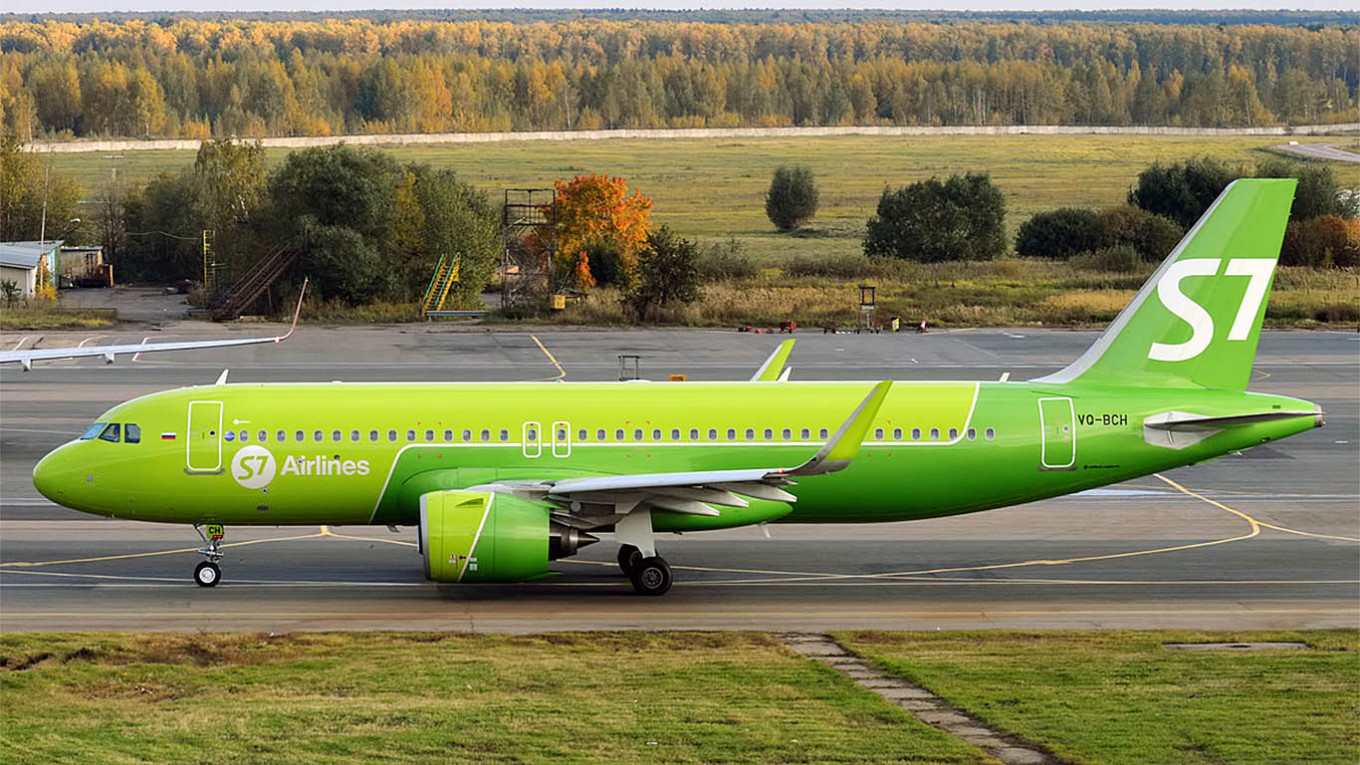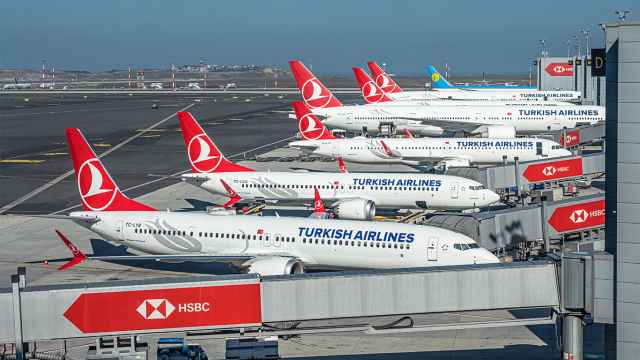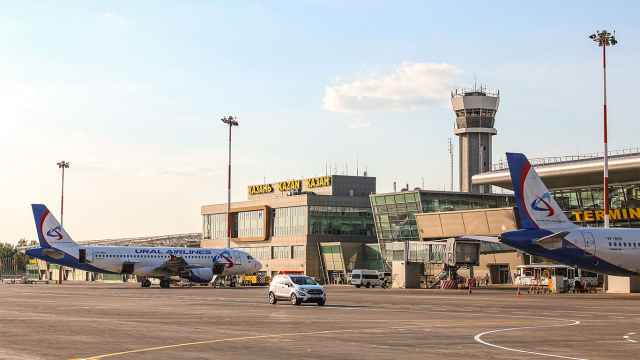Russia’s Transportation Ministry and S7 Airlines declined offers from Egypt and the Philippines to operate Airbus passenger planes that were grounded due to Western sanctions, the business newspaper Kommersant reported on Wednesday.
Egypt’s AlMasria Universal Airlines and the Philippines’ South East Asian Airlines had sent a request to the Russian government to use up to seven of the grounded Airbus A320neo and A321neo, Kommersant wrote last month.
That offer was sent through MelonAero, a company based in the Balkan country of Montenegro. At the time, MelonAero’s CEO told the newspaper that negotiations were ongoing with other carriers from “friendly” countries and that all of S7’s grounded planes could theoretically be placed in the hands of foreign operators.
However, a spokesperson for S7 told Kommersant this week that the airline company was not engaged in talks about the use of its Airbus planes and had “no intention to negotiate” their transfer to foreign airlines.
An unnamed source at a Russian airline lobby group told the newspaper that the Transportation Ministry considered the proposal as “neither constructive nor feasible.” The ministry has not commented publicly on the report, nor have the Egyptian or the Philippines airlines.
S7 Airlines grounded dozens of its Airbus A320neo and A321neo jets after the engine maker issued a recall over a defect that could cause micro-cracks. Sanctions prevent the aircraft from receiving maintenance or repairs, and the planes are expected to be decommissioned starting in 2026.
In Wednesday’s report, MelonAero’s CEO called Russia’s refusal “unreasonable,” warning that long-term storage could render the planes little more than spare-parts donors.
A Message from The Moscow Times:
Dear readers,
We are facing unprecedented challenges. Russia's Prosecutor General's Office has designated The Moscow Times as an "undesirable" organization, criminalizing our work and putting our staff at risk of prosecution. This follows our earlier unjust labeling as a "foreign agent."
These actions are direct attempts to silence independent journalism in Russia. The authorities claim our work "discredits the decisions of the Russian leadership." We see things differently: we strive to provide accurate, unbiased reporting on Russia.
We, the journalists of The Moscow Times, refuse to be silenced. But to continue our work, we need your help.
Your support, no matter how small, makes a world of difference. If you can, please support us monthly starting from just $2. It's quick to set up, and every contribution makes a significant impact.
By supporting The Moscow Times, you're defending open, independent journalism in the face of repression. Thank you for standing with us.
Remind me later.






